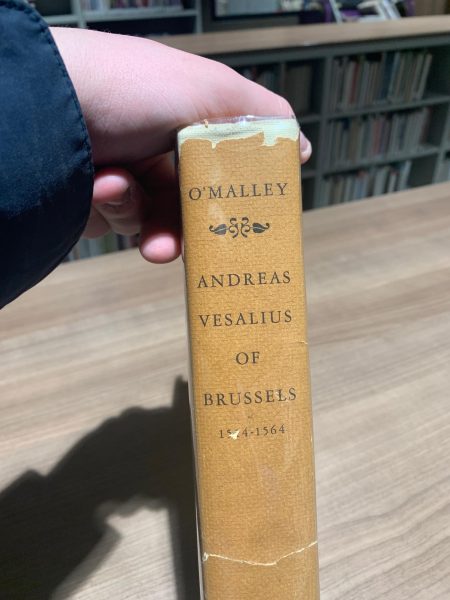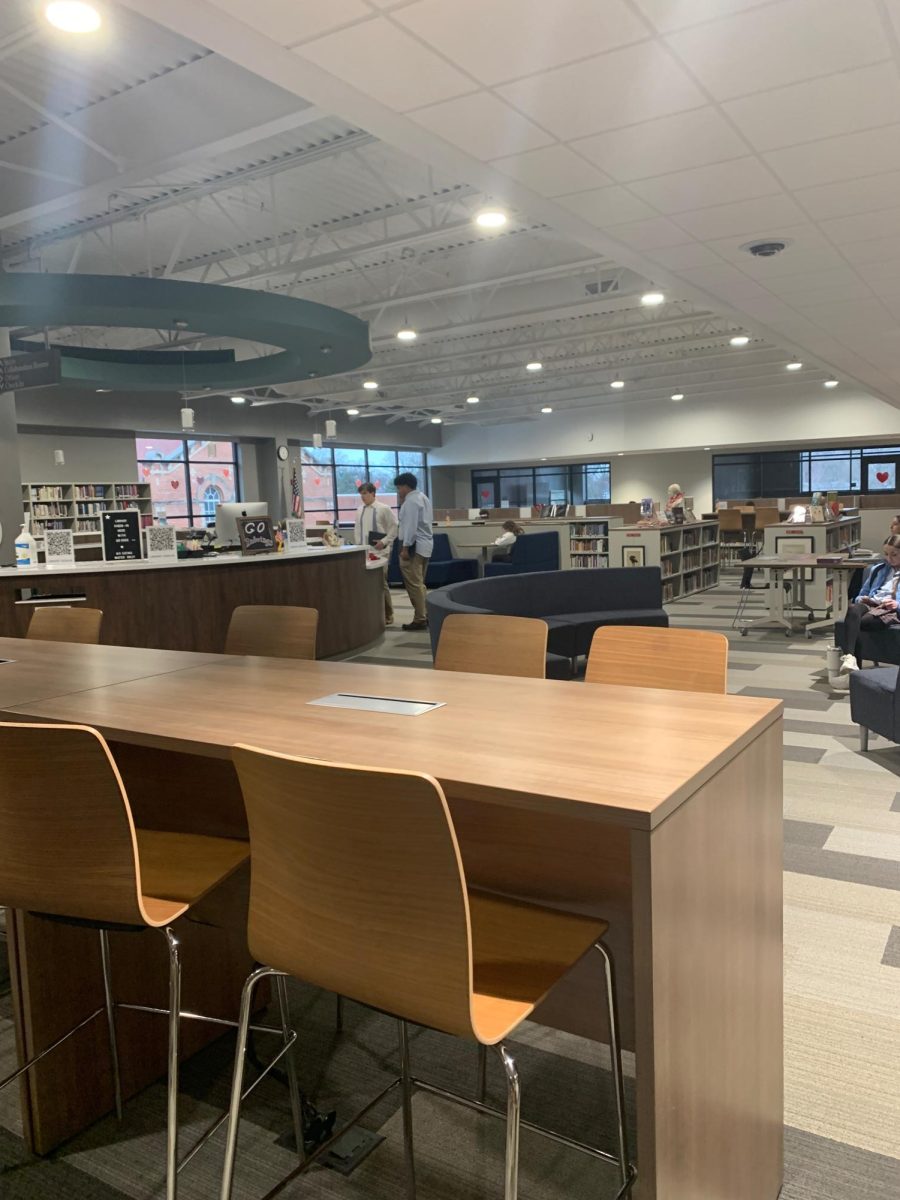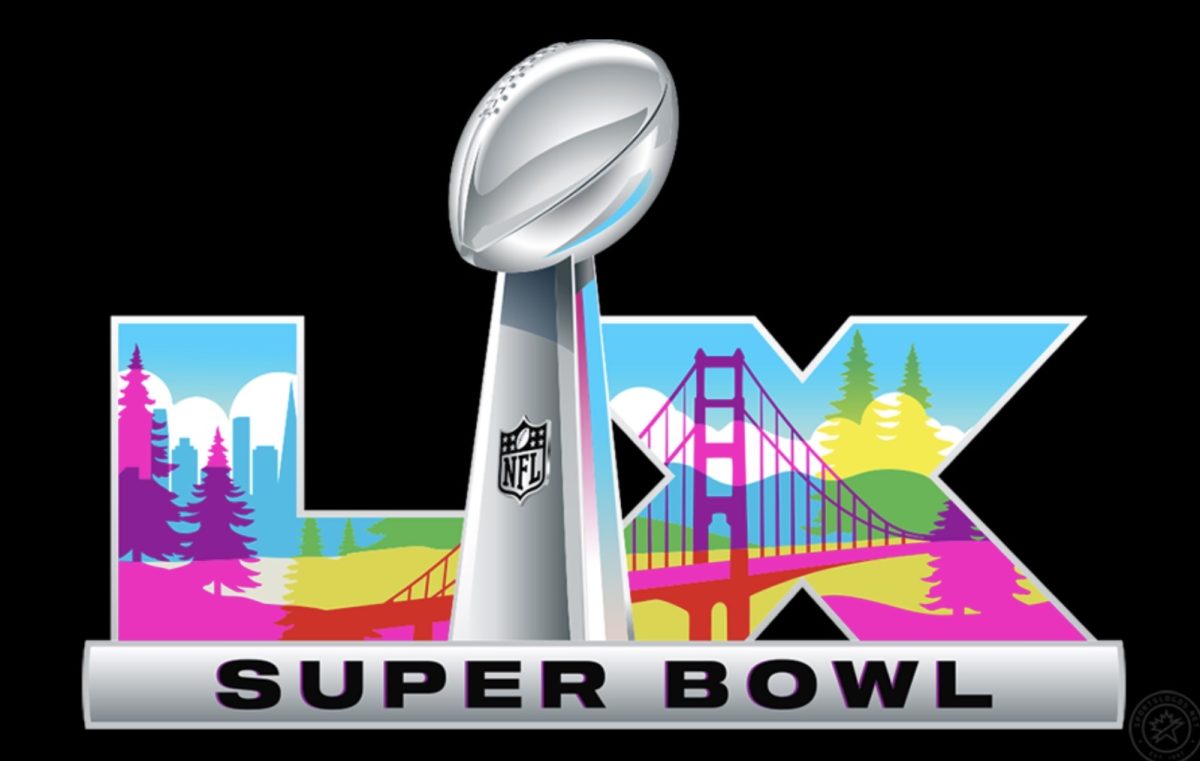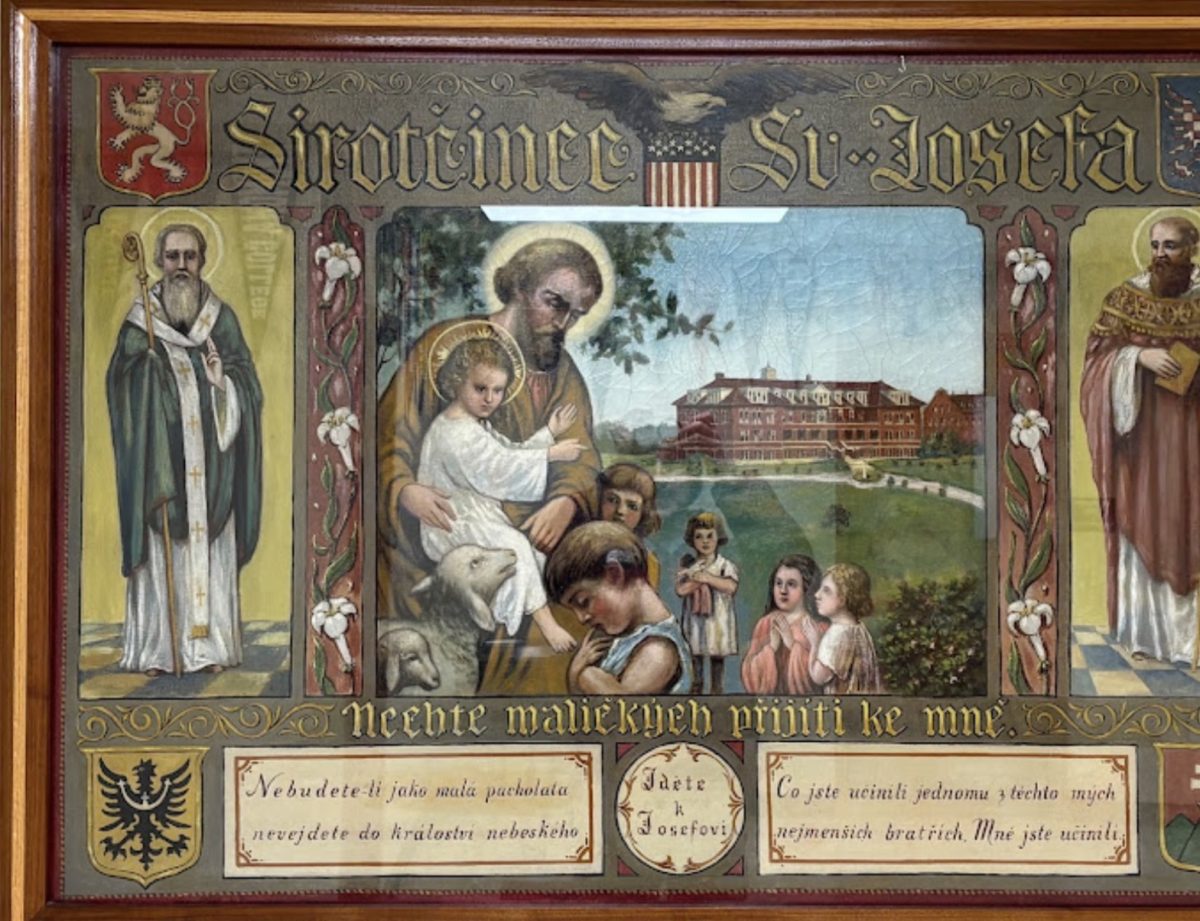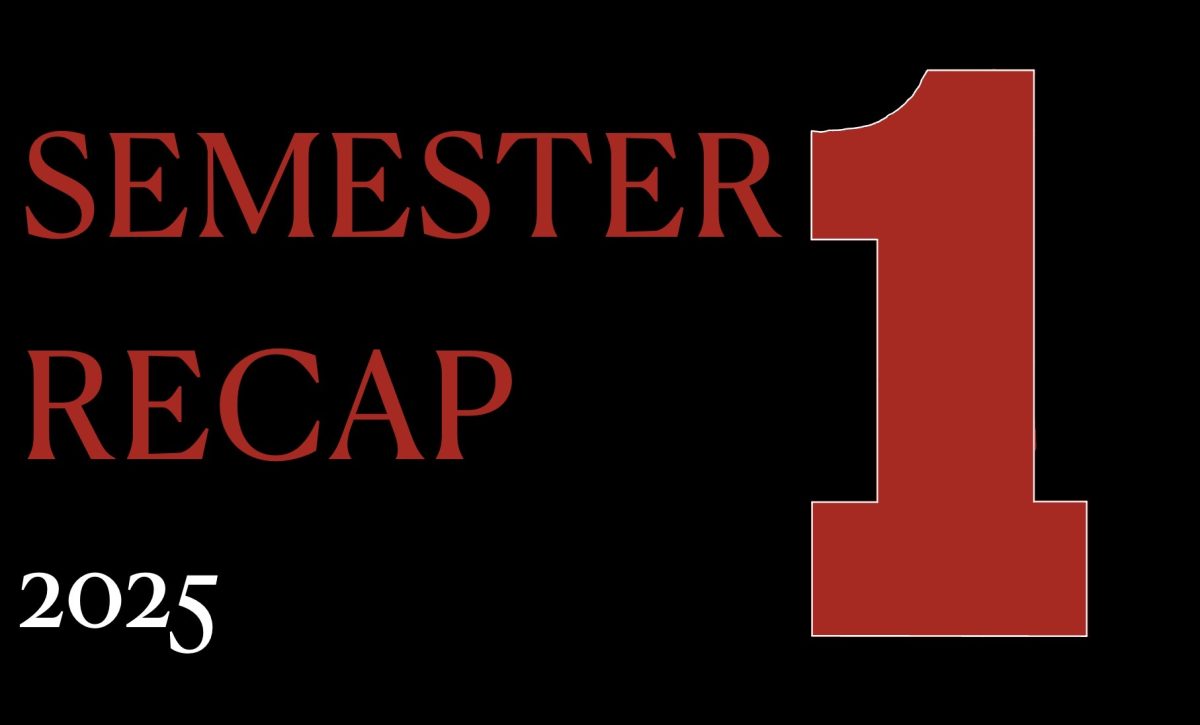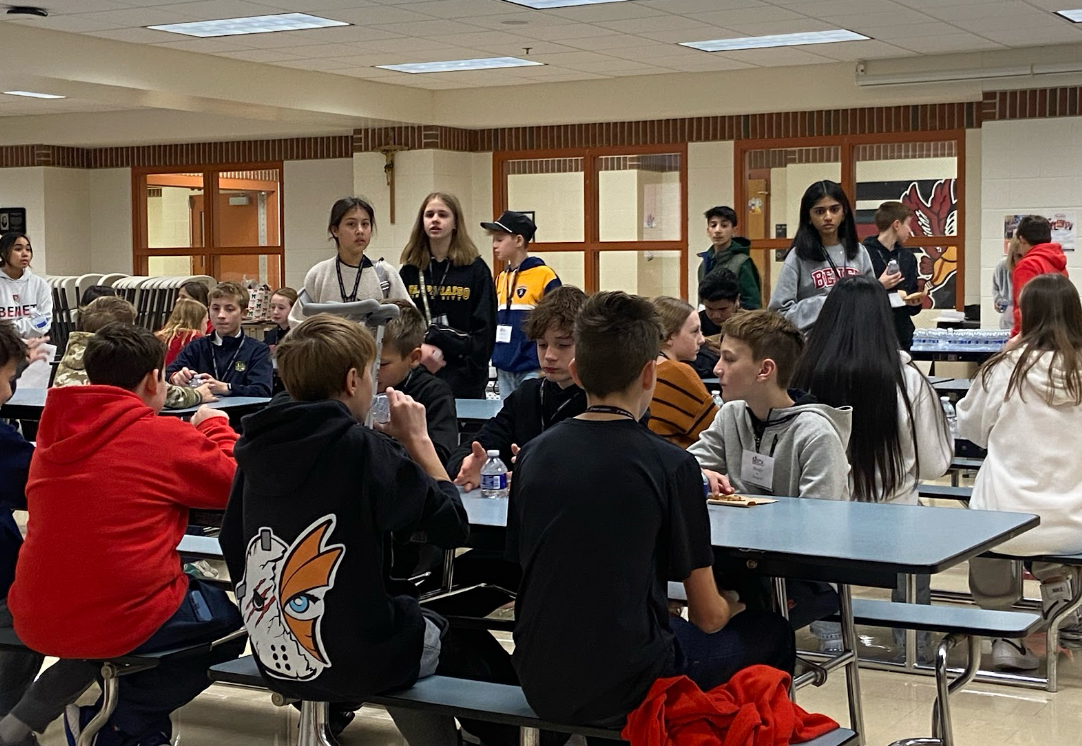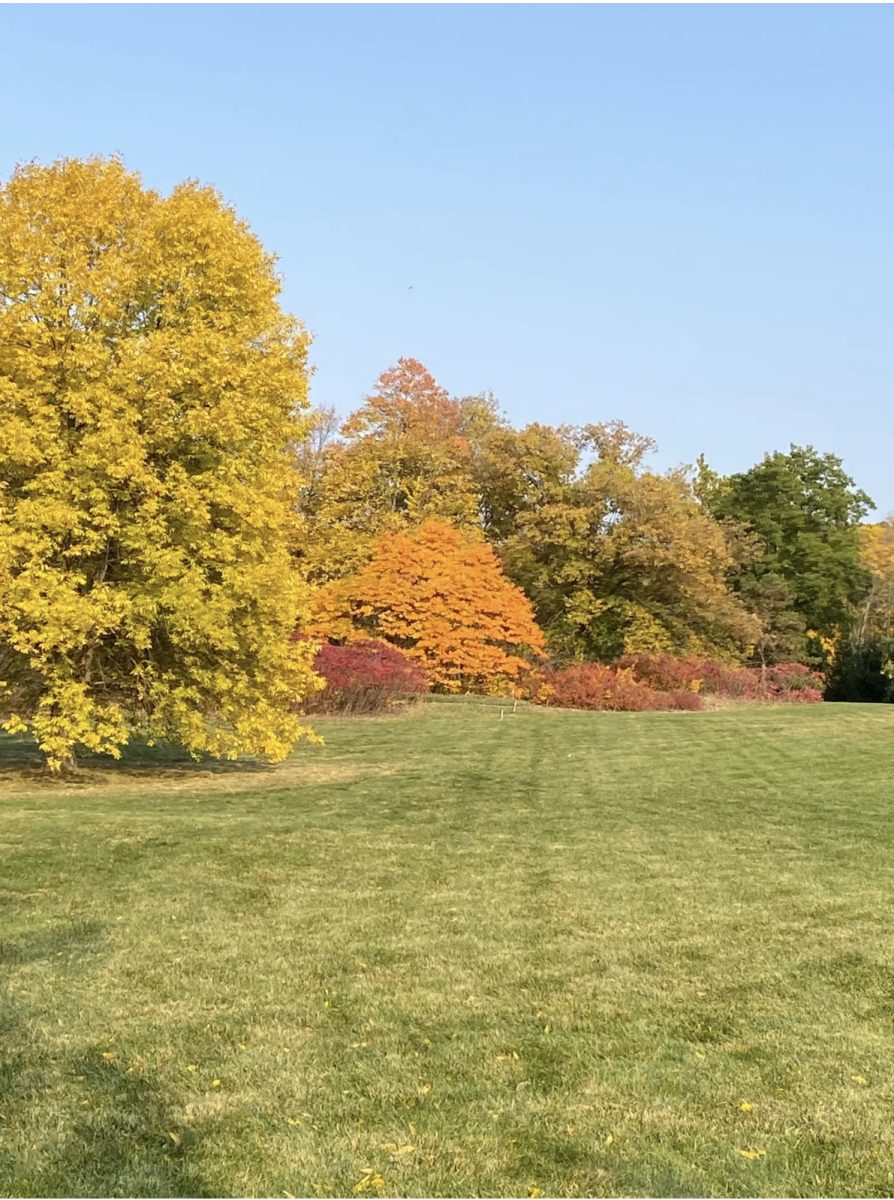The school library is a favorite study spot for many Benet students. Yet, while most Benet students have been in the library, not as many check out books from it. It would be a shame to go through four years of school at Benet without ever having perused the shelves of our library. Hidden in the shelves of the library are all sorts of spectacular books. Below is a list of 5 interesting books in the Benet Library that are worth checking out.
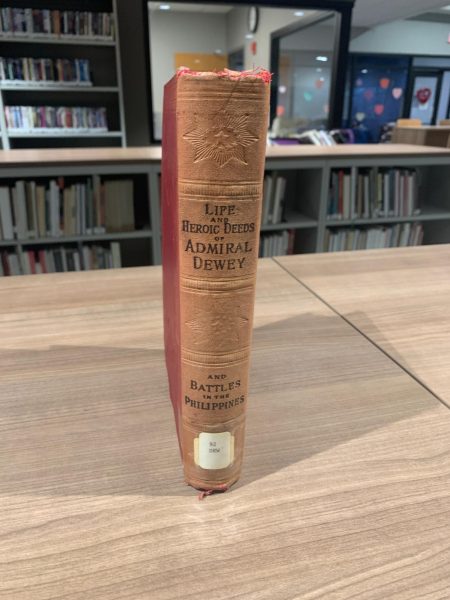
#1 The Heroic Life and Deeds of Admiral Dewey by Louis Stanley Young – Call # 92 DEW
This 1st edition 1899 history book provides excellent primary accounts of the fighting during the Spanish-American War in the Philippines. It was written by Apprentice Seaman Louis Stanley Young, who served in the United States Navy aboard Admiral Dewey’s flagship, the USS Olympia during the Spanish American War (1898). During the ship’s time in the Pacific, Young, a former printer in civilian life, published a soldier newspaper called The Bounding Billow. This interesting book is a good read if you want to explore an often overlooked chapter in American history, as it was seen by those who participated in it. It also has great photos of the combat, the naval ships of the time, and the political and military leaders of the war.
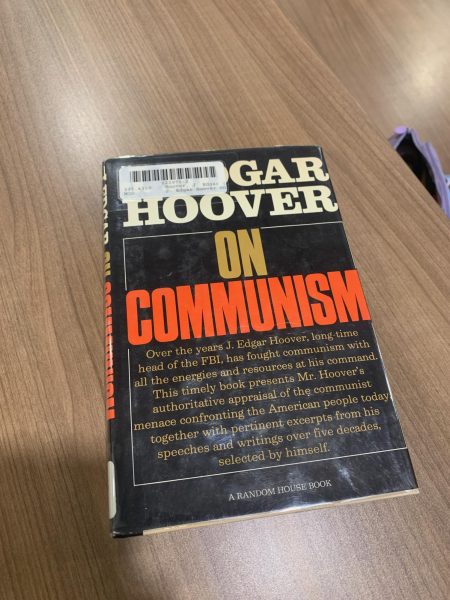

#2 On Communism by J. Edgar Hoover – Call # 335.4309 Hoo
This Book is J. Edgar Hoover’s self-written history of the Communist Party in America, along with his personal opinions about communism, its spread, goals, and what should be done to combat it. This book is dated, but it’s still amazing that we can read what J. Edgar Hoover said seventy years ago and form our own opinions from it. It’s as if Hoover himself is talking to us. His book has a surprisingly uplifting and inclusive message near its end: he thinks that the best way to fight communism is to enact real social change through democratic means because this removes the genuine motivations many prospective Communists have. This is an interesting primary source which would appeal to anyone who is interested in history or the study of global foreign policy.
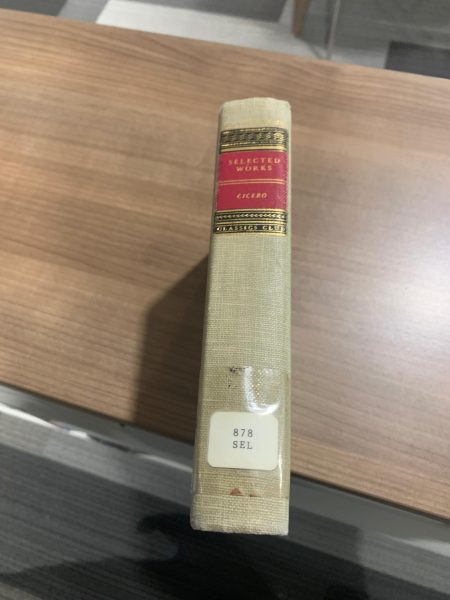
#3 Selected Works of Cicero – Call # 878 Sel
This unique book is a collection of Cicero’s writings and speeches. Cicero was a Roman lawyer, senator, and provincial governor who lived in the 1st century BC. He was an idealist in a time of political upheaval who wrote eloquently on legal matters and philosophy. This book contains his legal speeches, speeches from the senate, and personal letters. Also included is Cicero’s Philippics, a series of speeches he wrote in favor of Octavian and against Mark Antony, two (at that time) rival Roman political leaders. This book is a good read for anyone interested in law or history.
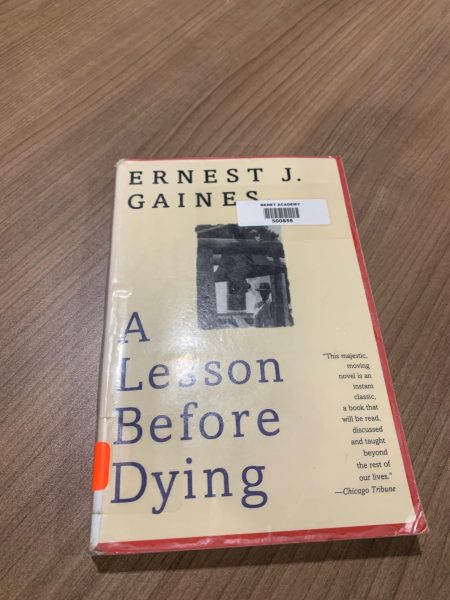
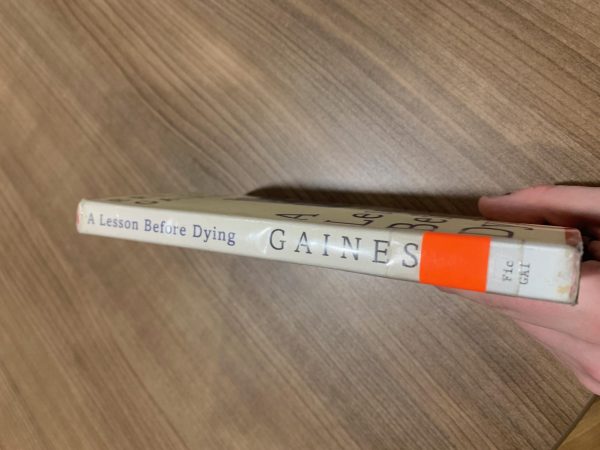
#4 A Lesson Before Dying by Ernest J. Gaines – Call # FIC Gai
This exciting and thought-provoking work of realistic fiction is set in late 1940s Louisiana. It recounts Jefferson, a young black man convicted of a crime that wasn’t his fault. Grant Wiggins is a schoolteacher who wants to be anywhere except in the rural poverty of his hometown, which he returned to after college. Jefferson’s mother implores Grant to visit Jefferson and teach his learning and his self-pride to the young man, in the few months he has left to live. The plot of the story loosely follows that of Willie Francis, an impoverished African-American man who was convicted of murder despite severe doubts surrounding his guilt. The strong emphasis on stream-of-consciousness writing found throughout the novel allows for an undeniable connection to the dynamics of the African-American experience during the historical period of the Jim Crow South. Benet Academy students, as part of the Collegiate America Since 1945 course, read this book annually to understand the self-reinforcing cycle of racism and the optimism behind human connection.
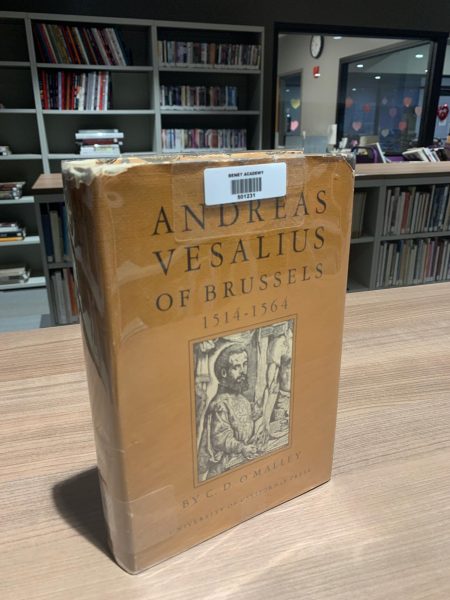
#5 Andreas Vesalius of Brussels by C. D. O’Malley – Call # 92 VES
As you might have guessed, this book is a biography of Andreas Vesalius of Brussels. Just who is Andreas Vesalius of Brussels? He was a 16th-century Renaissance anatomist. What’s an anatomist? An anatomist is a scientist who specializes in studying the anatomy of living things. Andreas Vesalius of Brussels was the founder of modern anatomy. This book explores the medical history of anatomy in great detail, beginning with the first person ever to study anatomy. Andreas is significant because although he was the first modern anatomist, he was not the first anatomist. Andreas had to fight hard to disprove the flawed anatomy of the Greeks and Romans, specifically Galen, by scientific dissection and experimentation. This is an interesting read on an admittedly niche subject.
